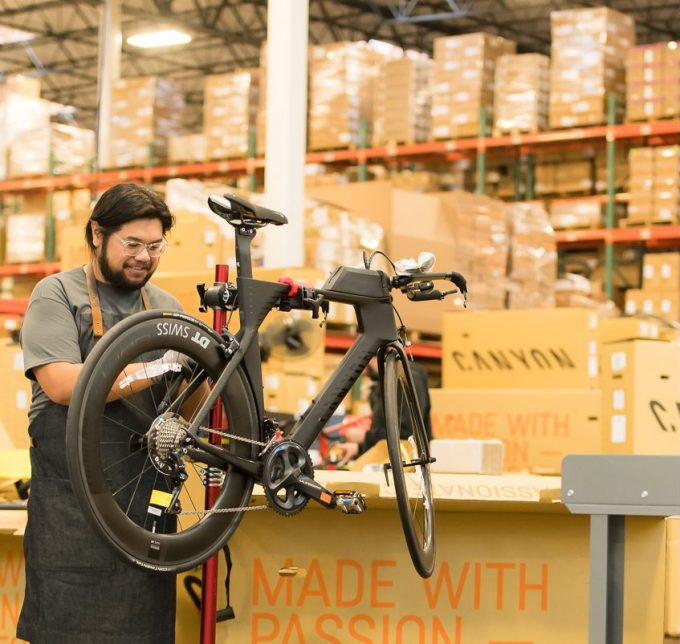Ecommerce platforms cancel flights and slash capacity – market is 'a mess'
As anticipated, ecommerce platforms have begun cancelling flights and cutting back on capacity, while Chinese ...

Companies need to focus more on “demand chains” and less on supply chains if they are to keep up with the changes in retail.
This is the view of Brian Bourke, vice president of marketing at Seko Logistics, which recently partnered with bicycle manufacturer Canyon.
“Canyon made ...

Comment on this article